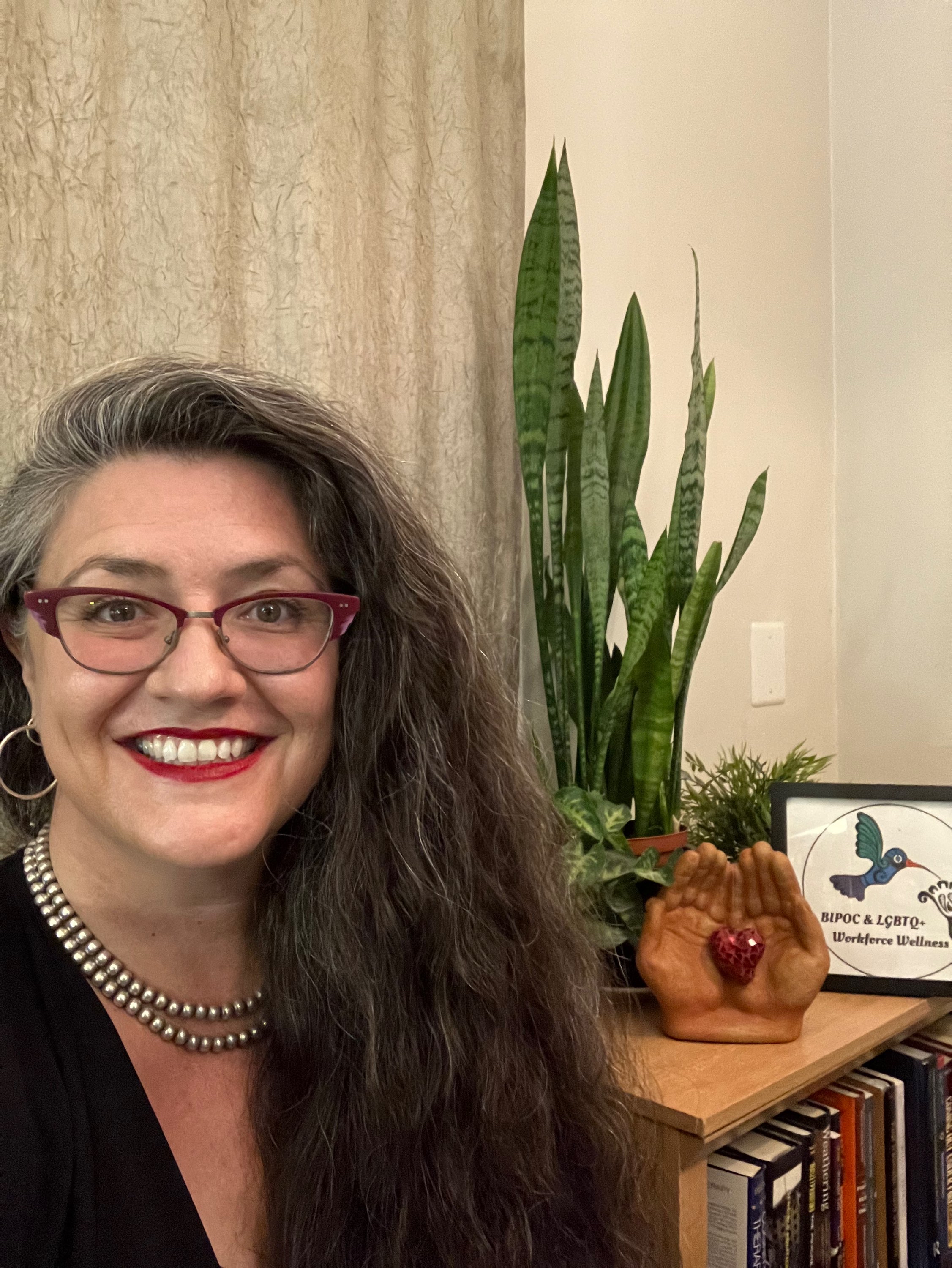Overcoming Workplace Trauma
- helianaramirez0

- Apr 30, 2023
- 2 min read
Updated: Sep 2, 2023
Discussions with several toxic workplace survivors and my own recovery from a hostile workplace, remind me about post-traumatic growth in the song “Nightflyer” by Allison Russell (https://lnkd.in/e_4P5vs7).
This post is for people experiencing grief, anger, depression, and anxiety from workplace bullying and abusive, narcissistic colleagues. There is reason to hope and help is available!
Some people who experience trauma, alchemize their injury into psychological, emotional, and spiritual growth that catapults them into new life meaning, deeper sense of purpose, and enriched connection to self, others, and a higher power.
This good news might seem unrealistic to people currently in a traumatizing workplace. Recognizing the extent of injury incurred from abusive romantic relationships and considering the hours one typically spends at work (i.e., more than with significant others), the trauma of working with abusive colleagues cannot be overstated.
Healing does not happen in the midst of crisis because all of a person’s energy is required for survival. Instead, healing begins when we no longer need to protect ourselves. This is why it is critical, as soon as possible, to leave traumatizing circumstances, people, and systems.
Most people who survive trauma, experience significant initial distress and eventually adjust back to feeling “normal.”
Some people who experience trauma end up with worsening stress response and a diagnosis of PTSD (i.e., post traumatic stress disorder). Prior exposure to trauma can increase the likelihood of developing PTSD from toxic jobs.
The Mayo Clinic describes the experience of PTSD as including 5 domains (these are shared for informational purposes only, please see a licensed clinician for a diagnosis)-
Behavioral: agitation, irritability, hostility, hypervigilance, self-destructive behavior, or social isolation Psychological: flashback, fear, severe anxiety, or mistrust Mood: loss of interest or pleasure in activities, guilt, or loneliness Sleep: insomnia or nightmares Also common: emotional detachment or unwanted thoughts The good news is that several effective treatments are available to treat PTSD. The even better news is that some of us go on to experience post-traumatic growth. Access therapy with a BIPOC and/or LGBTQ clinician: LatinxTherapy https://latinxtherapy.com Therapy for Black Girls https://lnkd.in/gBMkpeij Therapy for Black Men https://lnkd.in/gdpe7-BA Asian Mental Health Collective https://www.asianmhc.org National Queer and Trans Therapists of Color Network https://nqttcn.com/en/ Melanin and Mental Health https://lnkd.in/g-p5pJ2S There are also peer support groups by profession like Physicians Anonymous https://lnkd.in/gPSUbe5F







Commenti